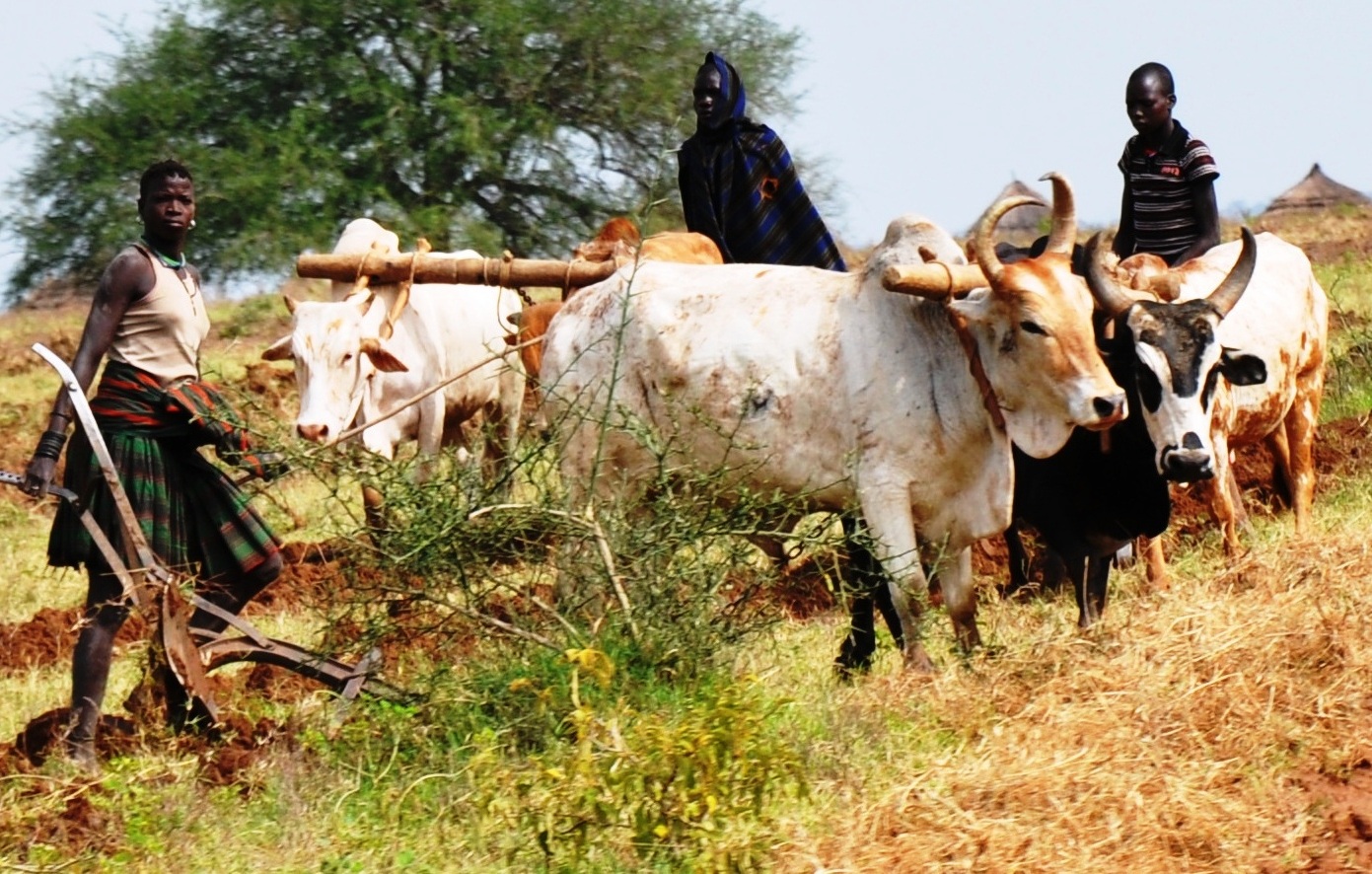The Ministry of Agriculture, Animal Industry and Fisheries (MAAIF) has launched a program for the dissemination of guidelines for mainstreaming climate change adaptation and mitigation in the Agricultural sector in Karamoja region.
The program was launched last Thursday at Mt. Moroto hotel by the ministry of Agriculture in conjunction with the Office of the Prime Minister and the United Nations Development Programme (UNDP).
Ms. Rebecca Nabatanzi the Public Relations Officer of the Northern Uganda Social Action Fund (NUSAF) desk in the office of the prime Minister said the guidelines would provide practical guidance for all stakeholders in the agriculture sector and enhance the capacities of Karamoja’s farmers to cope with climate change impacts.
“These guidelines are aligned to the national guidelines for mainstreaming climate change in sector plans and budgets developed by the National Planning Authority in collaboration with the Climate Change Department of Uganda,” she said.
Nabatanzi added that the guidelines were developed by the MAAIF and are expected to facilitate the mainstreaming of climate change issues into the agriculture sector policies, plans, programs, and activities by providing basic and flexible guidance on entry points.
Ms Hakuza Annunciata the senior Agricultural economist at the Ministry of Agriculture said the program is being launched in all other districts in the country.
She said the program comes at an opportune time as at national level, there is a policy window in the ongoing development of NDP III.
She pointed out that the Agriculture Sector in Uganda was experiencing the impacts of climate change and associated economic losses, citing irregular seasons, rising temperatures, prolonged dry spells, frequent droughts, flooding, water logging, landslides, and higher incidence of pests and disease for both livestock and crops as evidence of the crisis.
“These climate change impacts have been predicted to increase in intensity and magnitude. Their negative implications on agricultural performance in general and food security and water availability are also expected to worsen. The poor are the most vulnerable because of their limited capacities and resilience to climate change,” she said.
Hakuza added that climate change affects women and men differently due to their differing roles and responsibilities in society.
She appealed to the district officials of Karamoja present at the launch to make use of the guidelines and disseminate them to the community.
